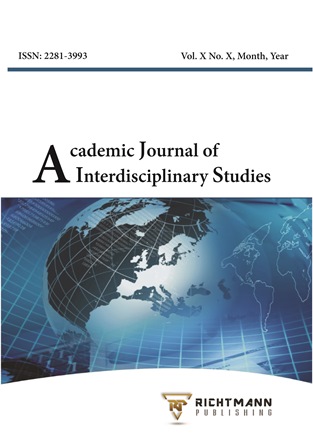Convergent and Discriminant Validity of the Bafadal`s Leadership Morality Questionnaire in Indonesian Context
DOI:
https://doi.org/10.36941/ajis-2024-0014Keywords:
Moral, Leadership, Convergent Validity, Discriminant Validity, Primary SchoolsAbstract
Objective: This study aims to address the lack of quantitative, culturally contextualized measures for evaluating moral leadership in Indonesian primary schools. The objectives are threefold: 1) to assess the convergent validity of Bafadal's Leadership Morality Questionnaire (BLMQ) within the Indonesian educational setting; 2) to evaluate the discriminant validity of the BLMQ; and 3) to derive actionable insights for administrators and policymakers based on the findings. Method: A quantitative survey-based approach was employed, gathering data from 362 prospective school principals in East Java, Indonesia. A series of scales including the BLMQ, Moral Foundations Questionnaire (MFQ), Moral Competency Inventory (MCI), Self-Esteem Scale (SES), and Locus of Control (LoC) were administered. Results: The study revealed significant positive correlations between the BLMQ and other moral metrics such as the MFQ and MCI, suggesting convergent validity. On the other hand, low and non-significant correlations were found between the BLMQ and scales like the SES and LoC, which suggests discriminant validity. Notably, the correlation between the BLMQ and MCI was not statistically significant. Conclusion: The BLMQ demonstrates both convergent and discriminant validity, as it aligns closely with other moral metrics like the MFQ but not with unrelated scales like the SES and LoC. However, the non-significant correlation between the BLMQ and MCI suggests that these two instruments may be capturing different facets of moral competency.
Received: 21 September 2023 / Accepted: 4 December 2023 / Published: 5 January 2024
Downloads
Downloads
Published
Issue
Section
License

This work is licensed under a Creative Commons Attribution-NonCommercial 4.0 International License.
This work is licensed under a Creative Commons Attribution-NonCommercial 4.0 International License.








